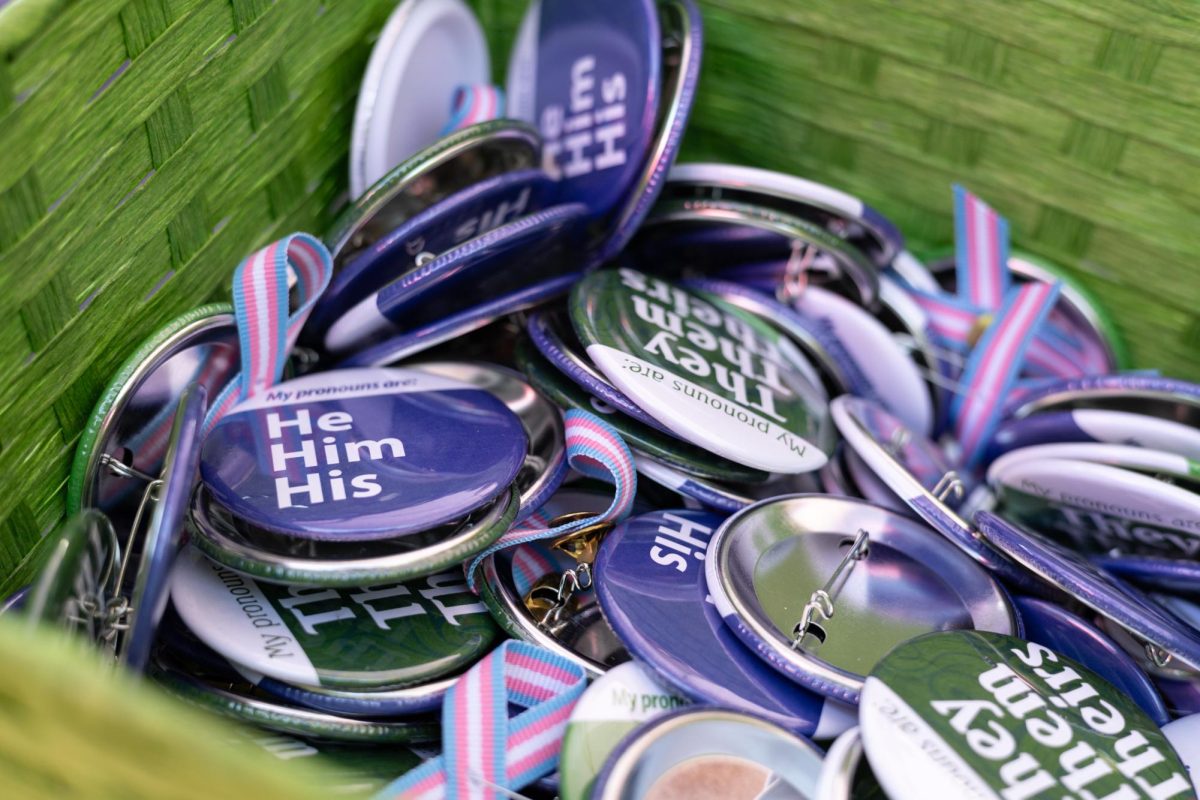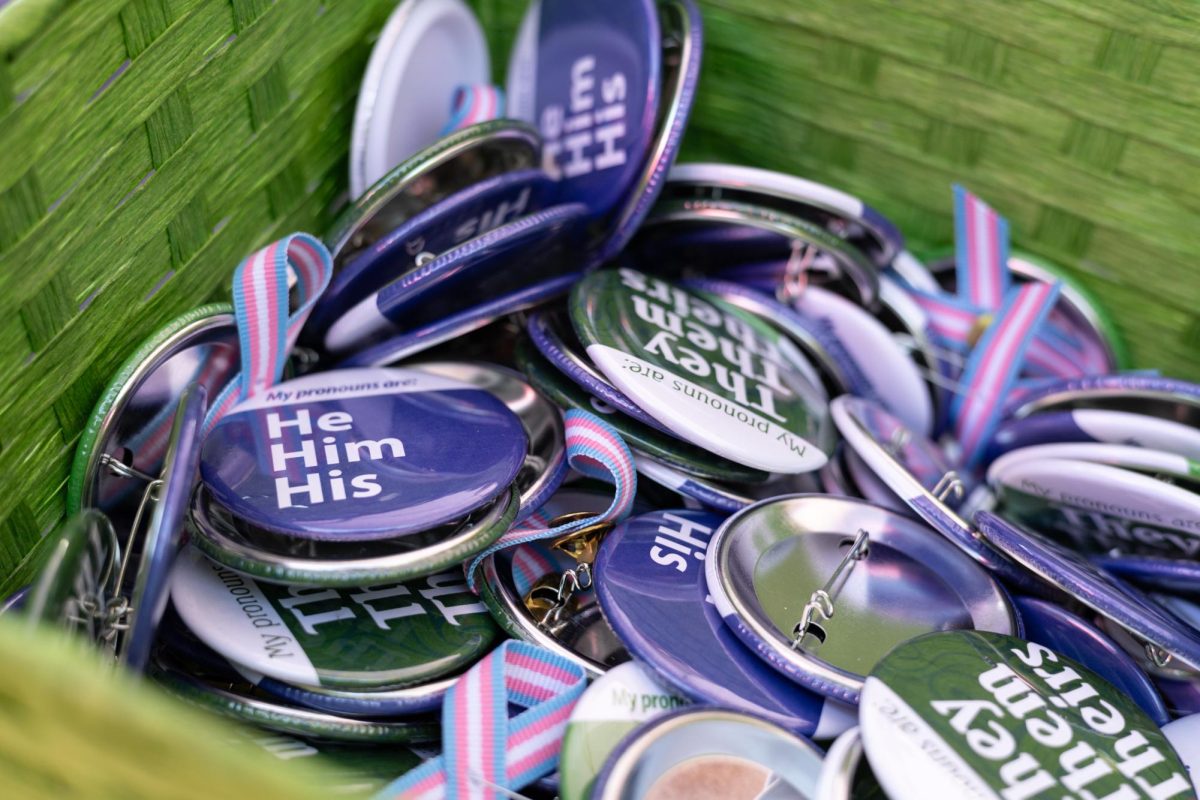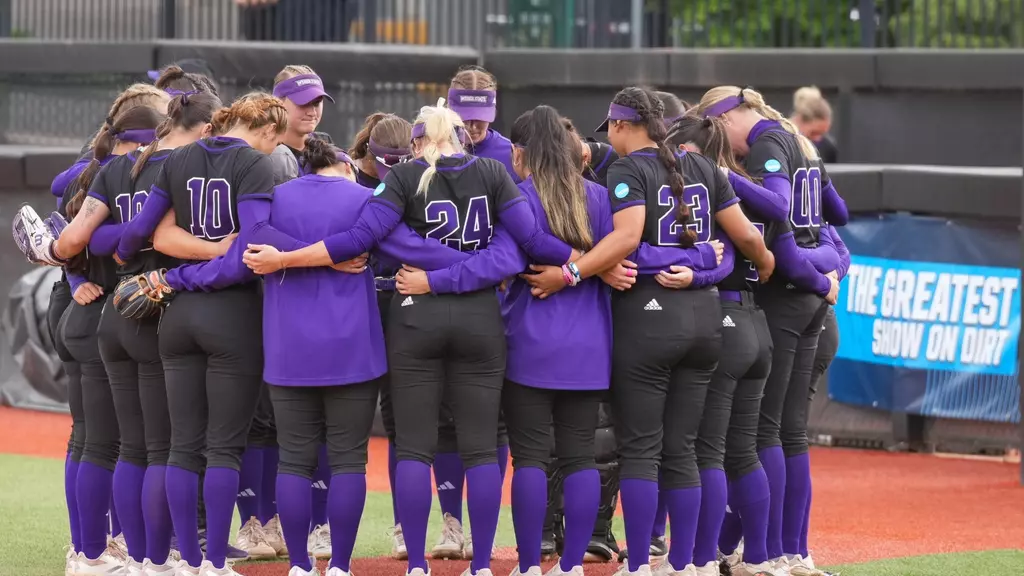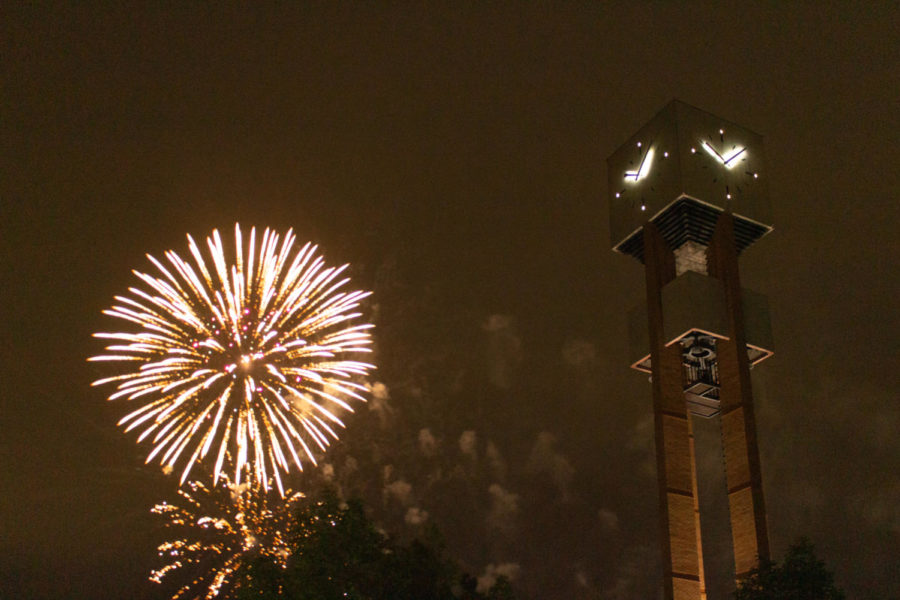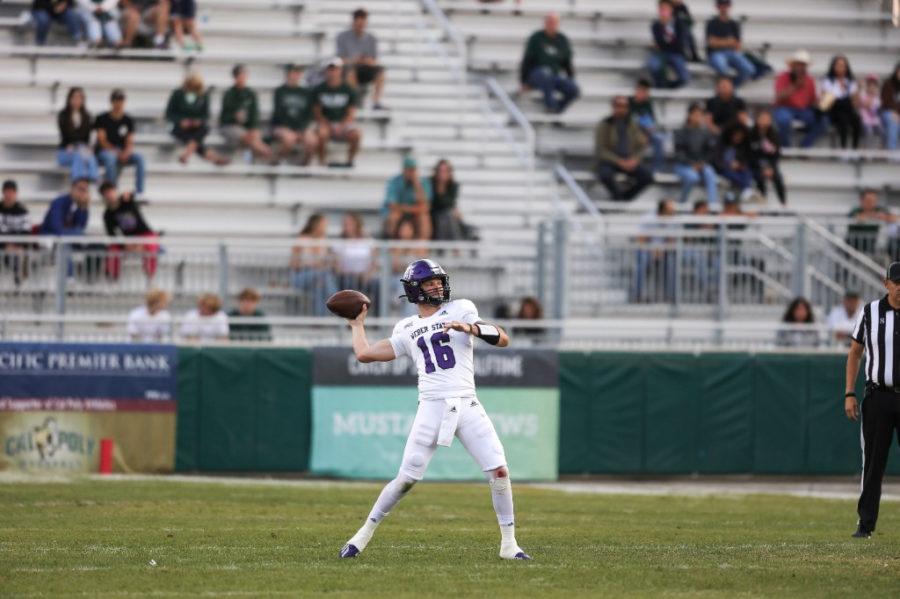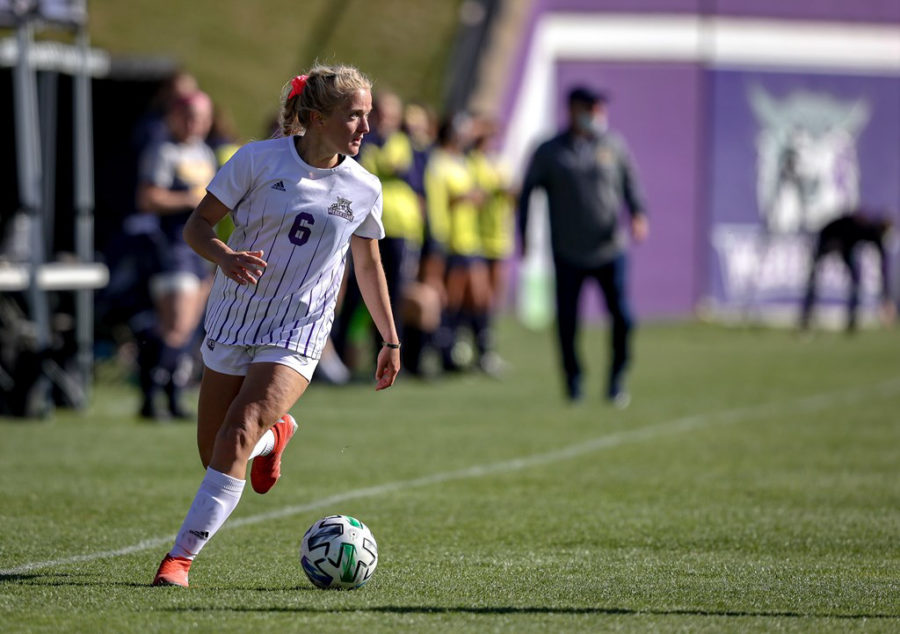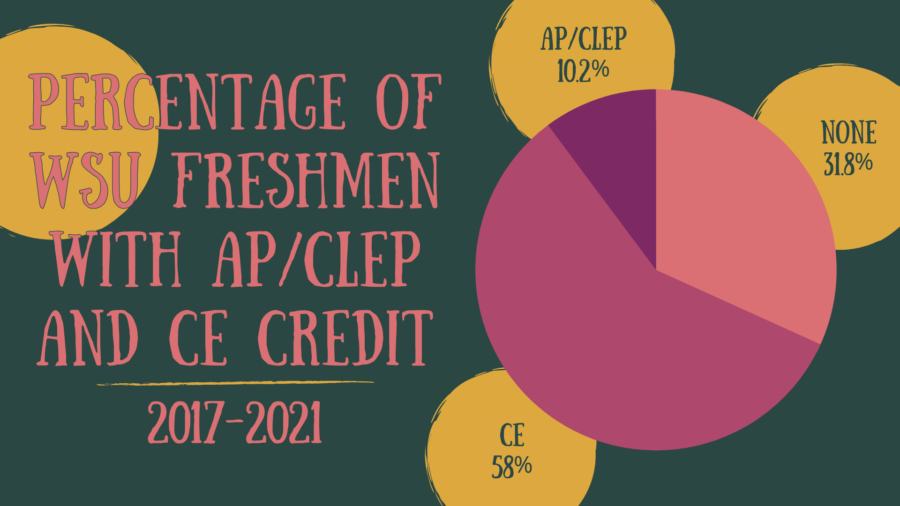WSU Physics Professor Dr. Adam Johnston was away from campus on sabbatical during the school’s shutdown. During that time, while coping with the pandemic like us all, he took time to reflect on and rethink education, why we have it, how we approach it and where it takes us as individuals and a community.

Johnston is a member of the state-wide educational committee, as well as the co-host of the nationally recognized Science At a Crossroads. Education during the pandemic is a widely debated topic.
Johnston explored this shift in his relationship with education during WSU’s Physics Department’s Weekly Science Seminars, which are open to all WSU students, Wednesdays at 1:30 p.m. The title of this seminar was “Who Needs School?”
The lecture covered how COVID-19 sculpted Johnston’s thinking of both education and his relationship with his educating. He also spoke about active innovation for education, and that different formats of teaching should have a focused end goal.
“He (Johnston) has been awarded almost every major award that is available on campus,” said Dr. John Sohl, who currently hosts WSU’s weekly Science Seminars.
One attendee expressed concerns about different mindsets regarding education: actual learning versus simply something students have to endure before moving on to the next step in their lives. Discussion focused on how much science can actually be learned through at-home learning, and what that actually means as an educational opportunity in itself.
“I want people to learn science, so what does that mean for an at-home learning environment?” Johnston said.
The purpose of Johnston’s talk was to question his relationship and the wiser approach and role of education. He took a step back and re-questioned his why — and with what tools he is even teaching science in the first place.
According to Johnston, we are all obligated to make education personal for ourselves: first, by knowing why we’re learning, then ensuring that our education is constantly reinvented. He argued for this personalization approach in lieu of simply translating face-to-face class to online.
“You can’t put a train on a roadway,” Johnston said. “Education is something that we have control of. Rather than presuming that schools are going to be a certain way, it’s our duty make sure we know why we’re doing it, and then make sure we continue to reinvent it.”










